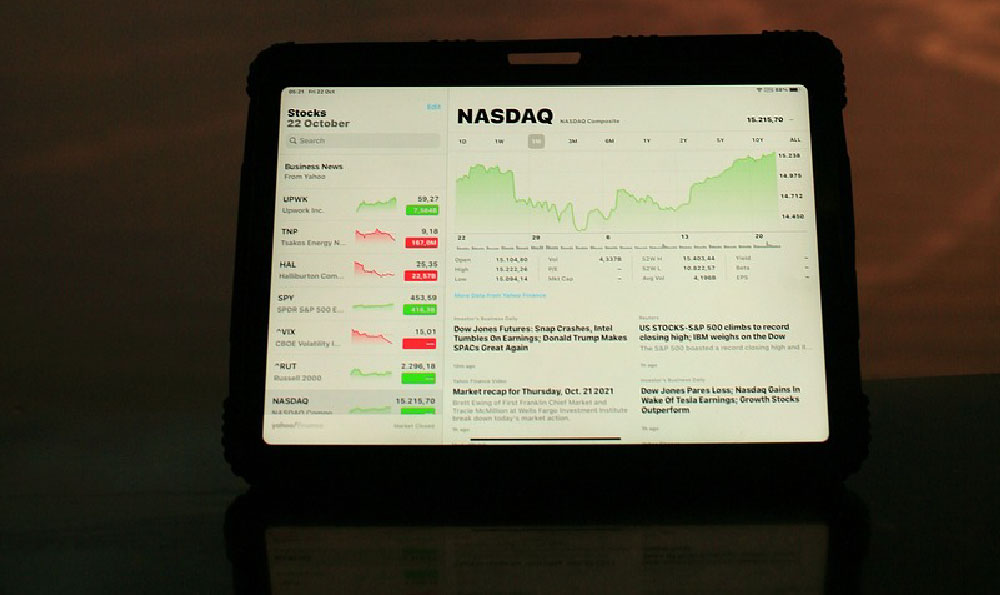Mercari has established itself as a prominent player in the global secondhand marketplace, particularly in Japan, where it has become the largest such platform by user base and transaction volume. The company's success in this niche is attributed to its innovative business model, which combines digital convenience with a strong emphasis on trust, community-driven commerce, and strategic monetization. Unlike traditional marketplaces that rely heavily on large-scale retail partnerships, Mercari's approach is rooted in a peer-to-peer (P2P) ecosystem, enabling individuals to list and sell items directly. This unique positioning not only differentiates it from competitors like Yahoo! Auctions or Makuake but also creates a sustainable revenue stream that supports its expansion into international markets.
At the core of Mercari's operations is its platform architecture, which acts as a digital marketplace connecting buyers and sellers through a mobile-first interface. The company generates the majority of its revenue through transaction fees, which are levied on sellers when they complete a sale. These fees are typically a small percentage of the transaction value, designed to be competitive yet profitable. Additionally, Mercari offers a premium subscription service for sellers, which provides benefits such as expedited listing, enhanced visibility, and access to advanced analytics tools. This tiered pricing strategy allows the platform to cater to both casual users and more active sellers, ensuring a steady flow of income from different customer segments.
Another significant revenue stream comes from advertising, which is integrated into the user experience to promote products and services relevant to buyers. The platform's algorithm recommends items based on user behavior, preferences, and search history, creating a tailored shopping environment. By partnering with brands and merchants, Mercari can offer sponsored listings that appear prominently on the platform, generating income through advertising partnerships. These advertisements are not intrusive but are strategically placed to enhance the user experience while maximizing exposure for vendors.

Mercari's business model also incorporates affiliate marketing and referral programs to drive user acquisition and retention. The company rewards users who invite new members or complete specific actions within the app with cashback or discounts. This incentivizes organic growth and fosters a sense of community among users, as they are motivated to contribute to the platform's expansion. Furthermore, the company has begun exploring paid features for buyers, such as exclusive product categories or premium content, which could further diversify its revenue sources.
The company's financial health is further supported by its investment in logistics and customer service, which play a crucial role in building trust and ensuring smooth transactions. Mercari has developed its own fulfillment network to handle shipping, packaging, and delivery, which allows it to maintain control over the entire process and guarantee faster turnaround times for buyers. This investment in infrastructure not only enhances the user experience but also reduces dependency on third-party logistics partners, thereby increasing operational efficiency and profitability.
Mercari's ability to scale globally while maintaining its core values of sustainability and community has been a key driver of its profitability. The company has expanded into the United States, where it has seen rapid growth due to its intuitive design and emphasis on social commerce. In this new market, Mercari has implemented localized strategies, such as partnering with local brands and adjusting its fee structure to accommodate regional economic conditions. This adaptability has enabled the company to maintain profitability across different markets, while also creating a cohesive brand identity that resonates with users worldwide.
Moreover, the company's focus on data analytics and machine learning has allowed it to optimize its services and improve customer satisfaction. By analyzing vast amounts of user data, Mercari can identify trends, predict demand, and enable personalized recommendations that increase the likelihood of successful transactions. This data-driven approach not only enhances the user experience but also improves the platform's ability to generate revenue through targeted marketing and optimized pricing strategies.
Mercari's business model also benefits from its ability to leverage the growing trend of e-commerce and digital consumer behavior. As more consumers turn to online platforms for shopping, Mercari's P2P marketplace provides a convenient and cost-effective alternative to traditional retail. This trend is further amplified by the increasing interest in sustainability, as consumers are more likely to engage in secondhand transactions to reduce environmental impact. By aligning its operations with these values, Mercari can create a loyal user base that contributes to the platform's long-term growth and profitability.
Finally, the company's strategic partnerships with other businesses and organizations have played a crucial role in its financial success. By collaborating with local and international brands, Mercari can offer exclusive products and services that enhance the user experience and drive revenue. Additionally, the company has formed partnerships with financial institutions to provide integrated payment solutions, further streamlining the buying and selling process. These partnerships not only expand the platform's reach but also create additional revenue streams that support its financial stability.
In conclusion, Mercari's business model is a testament to its ability to adapt, innovate, and scale in the ever-evolving world of e-commerce. Through a combination of transaction fees, subscription services, advertising partnerships, and strategic collaborations, the company has created a sustainable revenue stream that supports its growth and expansion. Its focus on sustainability, community-driven commerce, and data analytics has enabled it to differentiate itself from competitors and create a loyal user base. By continuing to optimize its services, enhance user experience, and explore new revenue opportunities, Mercari is well-positioned to maintain its position as a leading secondhand marketplace in the global market.












